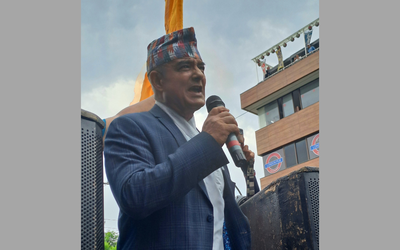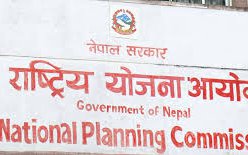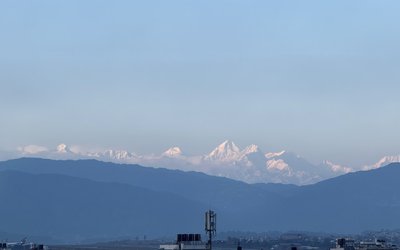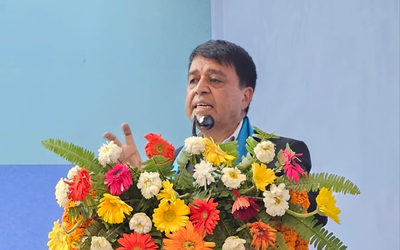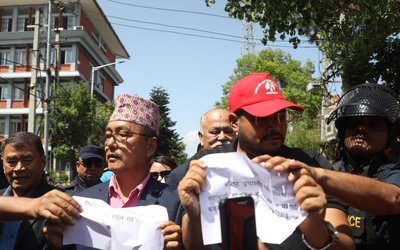
With the elections for the House of Representatives and Provincial Legislatures concluding, Nepal enters into another political era under the federal structures. Given the current political trends and growing incidents of violence, the country is unlikely to see any political stability and economic prosperity anytime soon, though. Nepal has already held several elections in seven decades. What has not changed is the behavior of voters and political patterns.
There are so many commonalities between the first local elections held in 1949 by Rana Prime Minister Padma Sumsher and the present elections held under prime minister Sher Bahadur Deuba of Federal Republic of Nepal. Both the elections were held to bring political stability by ending the dissension against the system. In 1949, Prime Minister Rana was unable to settle the political disputes and quit under pressure from inner opening of the large rebellion in 1951. Prime Minister Deuba is also expressing the hope that the elections will pave the way for a long lasting political solution and economic prosperity.
However, the recent waves of attack by a Maoist splinter shows that peace and economic prosperity in Nepal seem to be elusive. Although several things have changed in the last seventy years, including the election expenses and other costs, what has not changed is the political behavior of Nepali people. Nepal has concluded one of the most expensive elections of the last seventy years.
Along with internal situation, the external situation in the region and Nepal’s neighborhood is also more volatile now. When Padma Sumsher held the elections, India secured independence with new democratic government and there was communist takeover in China. When PM Deuba is holding the elections, Nepal’s two neighbors are vying to establish supremacy here. This growing competition is likely to generate the new heat. If the elected representatives fail to read the writings on the wall, Nepal’s new experiment, which is very complex, will face the same fate of seventy years ago. Although there are several issues for coverage in this issue, we have focused on the elections as our cover story.

Keshab Poudel
Poudel is the editor of New Spotlight Magazine.
- KUL MAN GHISING: Bowing Down To The People
- Apr 13, 2025
- POLITICAL VIOLENCE: Culture of Impunity
- Apr 11, 2025
- PM OLI MEETS PM MODI: No Progress
- Apr 09, 2025
- PM OLI’S THAILAND VISIT: Flip Flop
- Apr 08, 2025
- FM Dr. Deuba’s India Visit: Mission Aborted
- Mar 26, 2025






